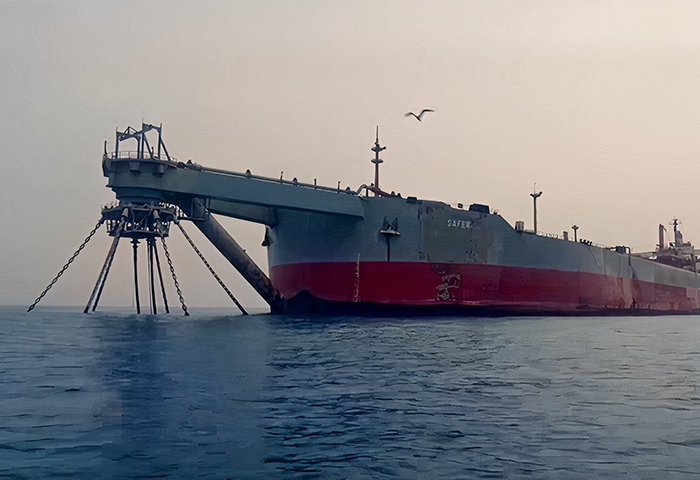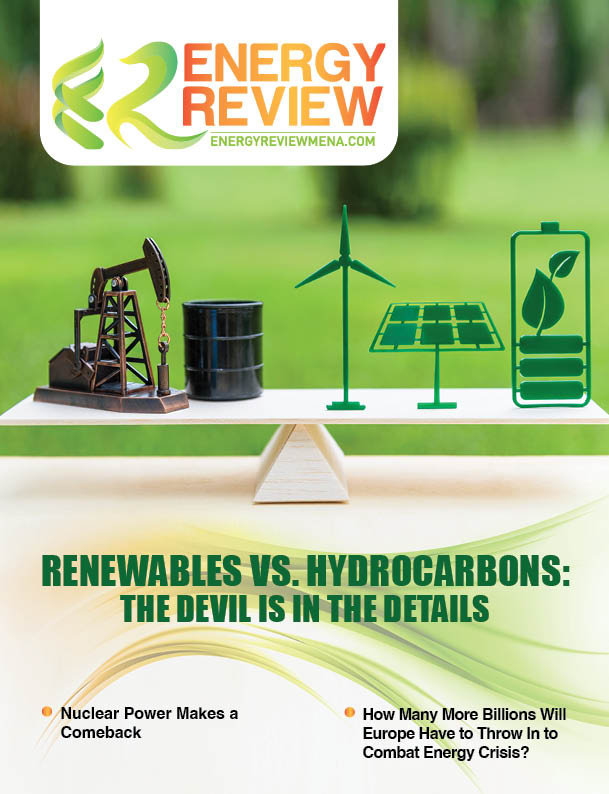Global energy firms should help fill a $29-million gap in funding to safely remove oil from an abandoned tanker off Yemen's coast, the war-ravaged country's largest private company has said.
Hayel Saeed Anam Group (HSA), which in August contributed $1.2 million to a United Nations clean-up campaign, made the appeal hours before a virtual donor conference hosted by Britain and the Netherlands was due to kick off.
"The global business community has a stake in ensuring that this devastating crisis is averted –particularly the oil sector," Nabil Hayel Saeed Anam, the company's managing director, said in a statement.
"The potential disruption to trade routes and supply chains would be extensive, inflicting long-term operational and economic challenges for companies across the world."
To prevent a damaging oil spill in the Red Sea, the UN Development Programme took the unprecedented step of purchasing its own supertanker in March to remove more than a million barrels of oil from the beleaguered FSO Safer. The Safer's 1.1 million barrels contain four times as much oil as that spilled in the 1989 Exxon Valdez disaster off Alaska, one of the world's worst ecological catastrophes, according to the UN.
The 47-year-old ship has not been serviced since Yemen's civil war broke out in 2015 and was left abandoned off the rebel-held port of Hodeida, a critical gateway for shipments into the country heavily dependent on foreign aid.
According to UN, a massive spill from the Safer would destroy pristine reefs, coastal mangroves and other sea life across the Red Sea, expose millions of people to highly polluted air, and cut off food, fuel and other life-saving supplies to Yemen, where 17 million people already need food aid.
Coastal communities would be hit hardest. Hundreds of thousands of jobs in the fishing industry would be lost almost overnight. It would take 25 years for fish stocks to recover. The cost of cleanup alone would be $20 billion. The cost of the UN operation is estimated at $148 million. The first recovery phase will cost $129 million, of which $99.6 has already been pledged, according to the UN.
The world body estimates the second phase would cost a further $19 million.
The ongoing donor conference aims to secure full funding for both phases, the UN said.
Big oil giants such as BP, Shell and Exxon have reported profits in their Q1 2023 results despite lower oil prices.









